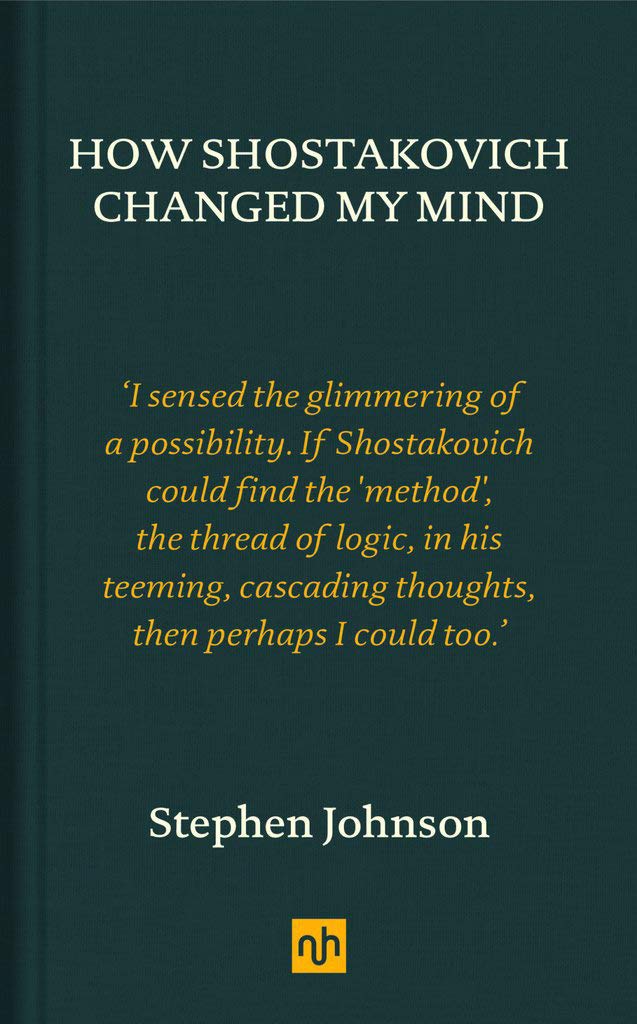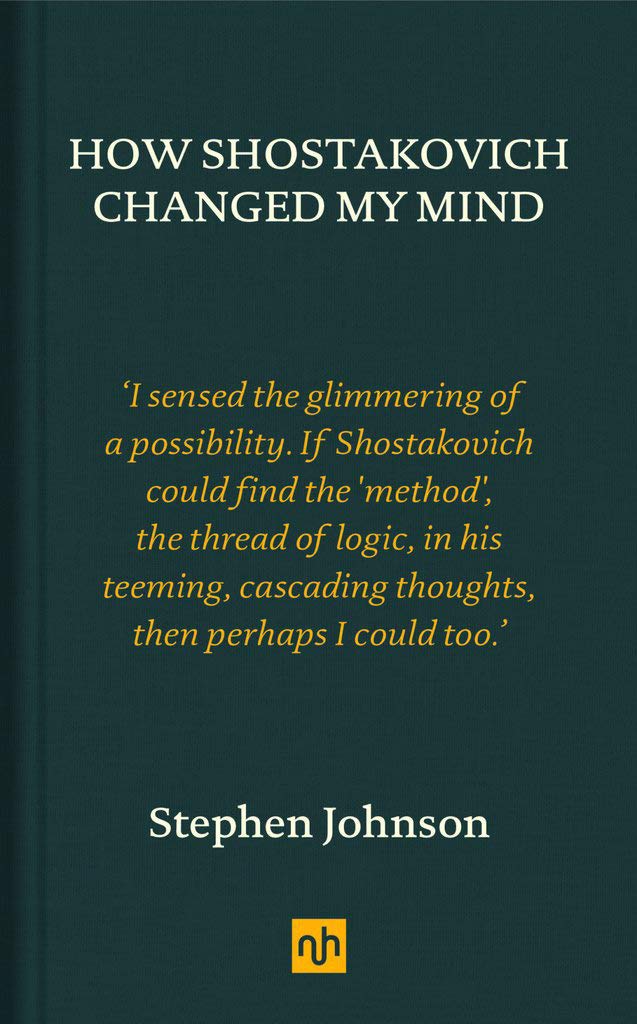How Shostakovich Changed My Mind | Stephen Johnson

Detalii How Shostakovich Changed My Mind
carturesti.ro
101 Lei
Carte straina
Notting Hill Editions
How Shostakovich Changed My Mind - Disponibil la carturesti.ro
Pe YEO găsești How Shostakovich Changed My Mind de la Notting Hill Editions, în categoria Carte straina.
Indiferent de nevoile tale, How Shostakovich Changed My Mind | Stephen Johnson din categoria Carte straina îți poate aduce un echilibru perfect între calitate și preț, cu avantaje practice și moderne.
Caracteristici și Avantaje ale produsului How Shostakovich Changed My Mind
- Departament: gaming-carti-birotica
- Ideal pentru pasionații de jocuri, birotică și distracție online.
Preț: 101 Lei
Caracteristicile produsului How Shostakovich Changed My Mind
- Brand: Notting Hill Editions
- Categoria: Carte straina
- Magazin: carturesti.ro
- Ultima actualizare: 27-10-2025 01:24:43
Comandă How Shostakovich Changed My Mind Online, Simplu și Rapid
Prin intermediul platformei YEO, poți comanda How Shostakovich Changed My Mind de la carturesti.ro rapid și în siguranță. Bucură-te de o experiență de cumpărături online optimizată și descoperă cele mai bune oferte actualizate constant.
Descriere magazin:
BBC music broadcaster Stephen Johnson explores the power of Shostakovich\'s music during Stalin\'s reign of terror, and writes of the extraordinary healing effect of music on sufferers of mental illness. Johnson looks at neurological, psychotherapeutic and philosophical findings, and reflects on his own experience, where he believes Shostakovich\'s music helped him survive the trials and assaults of bipolar disorder.\'There\'s something about hearing your most painful emotions transformed into something beautiful...\' The old Russian who uttered those words spoke for countless fellow survivors of Stalin\'s reign of terror. And the \'something beautiful\' he had in mind was the music of Dmitri Shostakovich.Yet there is no escapism, no false consolation in Shostakovich\'s greatest music: this is some of the darkest, saddest, at times bitterest music ever composed. So why do so many feel grateful to Shostakovich for having created it - not just Russians, but westerners like Stephen Johnson, brought up in a very different, far safer kind of society? How is it that music that reflects pain, fear and desolation can help sufferers find - if not a way out, then a way to bear these feelings and ultimately rediscover pleasure in existence? Johnson draws on interviews with the members of the orchestra who performed Shostakovich\'s Leningrad Symphony during the siege of Leningrad, during which almost a third of the population starved to death. In the end, this book is a reaffirmation of a kind of humanist miracle: that hope could be reborn in a time when, to quote the writer Nadezhda Mandelstam, there was only \'Hope against Hope\'.


Produse asemănătoare

How Shostakovich Changed My Mind, Hardcover/Stephen Johnson
![]() elefant.ro
elefant.ro
Actualizat in 28/10/2025
108.99 Lei
Produse marca Notting Hill Editions

Brainspotting. Adventures in Neurology, Hardback/A.J. Lees
![]() elefant.ro
elefant.ro
Actualizat in 28/10/2025
108.99 Lei

Lewis Carroll\'s Guide for Insomniacs, Hardback/Lewis Carroll
![]() elefant.ro
elefant.ro
Actualizat in 28/10/2025
93.99 Lei

Mentored by a Madman: The William Burroughs Experiment, Hardcover/A. J. Lees
![]() elefant.ro
elefant.ro
Actualizat in 28/10/2025
108.99 Lei


